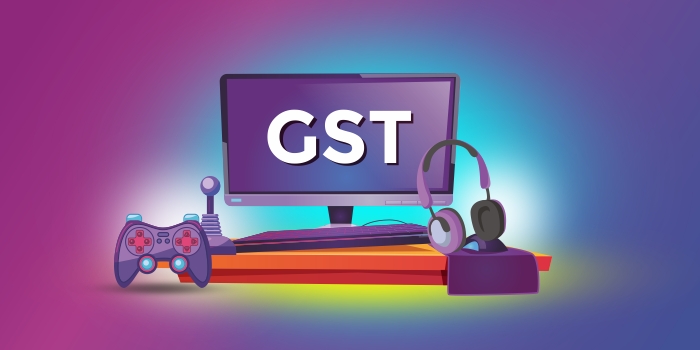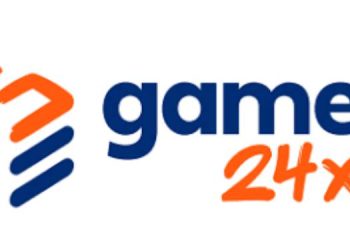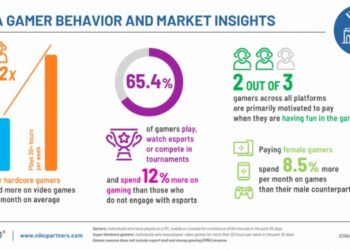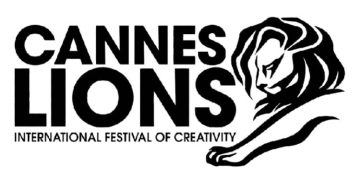The Goods and Service Tax (GST) Council announced after its 50th meet that it will levy 28 pc GST on the full value of online gaming, horse racing, and casinos, and that there would be no distinction between a ‘game of skill’ and a ‘game of chance’.
The announcements come as a setback to online gaming companies. From deterring new players to limiting the gaming companies’ spend on marketing and ad spends, the new tax imposition is going to negatively impact the gaming industry in multiple ways, opine stakeholders.

“The decision of the GST council to impose a 28 pc tax will have a significant impact on the online gaming industry, which unfortunately includes the e-sports community. While we understand that the government needs to impose such measures on casinos, horse racing, and gambling, the higher tax rate is not justified for the competitive gaming community. It can discourage new players from entering the market as their hard-earned earnings generated through their efforts just like mainstream athletes will be taxed on the same level as those involved in gambling and other such practices. For the e-sports industry to continue its unprecedented growth and recognition on the international stage, it is vital for the government to treat it as a separate category with reasonable tax rates that would support the development of the sector,” said, Sagar Nair, Co-founder, and CEO, Qlan, the Gamers’ Social Network.

“The GST council’s decision to levy 28 pc GST on total face value on online gaming will corner the gaming industry in a big way,” observed Mitesh Gangar, Co- Founder & Director, PlayerzPot.
“The overall operations will not be feasible. The high tax burden will completely restrict the cash flow, limiting a company’s ability to invest in research, innovation, expansion or survival. The higher burden will also put a blocker on India’s massive gaming industry and deter the new players from entering the industry. The rising gaming economy will take a big hit and trigger economic stress, restrict job creation and curtail economic growth within the sector,” Gangar added.

Rohit Agarwal, Founder & Director, Alpha Zegus, said, “Yet again, e-sports being included in the same domain as online gaming, horse racing, and casino, has put our industry at a major disadvantage. While the government might have fair reasons to impose higher GST on horse racing and casino winnings, imposing the same rules on an industry like e-sports doesn’t seem fair.”
“E-sports does not only have a ‘win or lose’ situation basis luck but has a very big element of skill that determines the outcome of the game. This is not what I expected, and our fight to separate e-sports from other labels still continues,” Agarwal noted.

“The new tax rate of 28 pc on Gross Gaming Value is an unexpected move by the GST Council, which will have far-reaching consequences for the industry and question its basic viability. Not only will this burden hinder the growth of this nascent industry, its application will compress new innovation and opportunities. This decision does not take into account the pleas of the industry, global precedents, and even counters the favourable regulatory environment being built up for online gaming in recent months. Businesses have a legitimate concern that this move will push users towards illegitimate betting and gambling operators that don’t follow the laws of the land,” observed Siddharth Sharma, SVP – Business Strategy, Head Digital Works (A23).

















